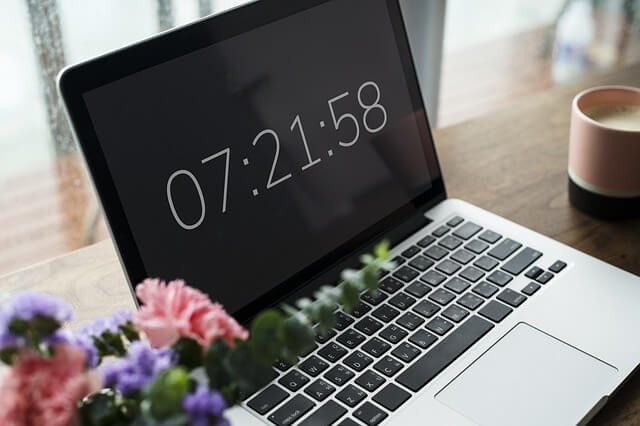Time management is an area that most people can agree they could make improvements on. The world is more distracting now than ever, and it’s easy to waste time.
It’s not uncommon for people to find themselves at the end of a busy day feeling like they still have so much left to do. The great news is that you don’t have to feel like you’re constantly racing the clock. Learning time management techniques can help lower your amount of distractions and boost your productivity. Take a look at some of the ways you can improve your time management abilities at work to achieve project success.
Table of Contents
Plan Your Tasks
One of the best ways to plan projects more effectively is to plan ahead. Plan your tasks by setting reminders for yourself throughout the day. Whether it’s for a meeting or a deadline, friendly reminders on your phone or work calendar are a great way to keep you on your toes. If you find yourself falling behind with your reminders, then it’s time to pick up the pace.
Give Yourself Time Limits
One of the biggest reasons people fall behind at work is because they manage their time project by project rather than by periods of time. Give yourself an exact amount of time to get something done and set a limit. Once that amount of time is over, then you have to move on to the next thing. Holding yourself accountable for working as efficiently as possible will start to train your brain over time.
Get Rid Of Distractions
As they say, out of sight, out of mind. Sometimes it helps to get rid of distractions altogether. Distractions may not come in the same form for everyone. Some people may be tempted to talk to the person sitting next to them, while others may get lost scrolling through their phone. Whatever happens to draw your attention away from your work, eliminate it.
That doesn’t exactly mean you should eliminate the person working in the cubicle next to you, but, maybe you should turn your desk in the other direction.
Take Breaks
This may seem counter-intuitive; however, taking breaks is exactly what you need to be more productive. People who work too much without taking breaks seem to work slower. Since they feel like they’ve earned the right to keep working at the same pace because they have not taken a break; it can often wind up working against them.
Taking breaks means that you have a realistic perception of the amount of time you have to work with, and you’re also likely to be less fatigued. Breaks clear your mind and give you a fresh perspective on your work when you go back to your desk.

